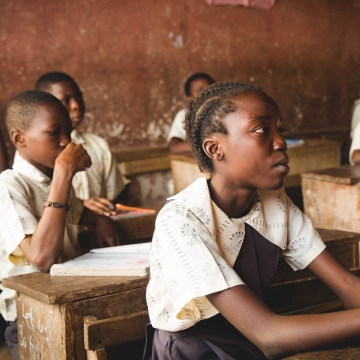Socioeconomic Dynamics of the Ban on Artisanal and Small-scale Mining in Ghana: Implications for Household Welfare and Livelihood Strategies.
In 2017, sentiments against artisanal and small-scale mining (ASM) activities escalated in Ghana. This led to a nationwide ban on all ASM activities; which reportedly employs many people including

